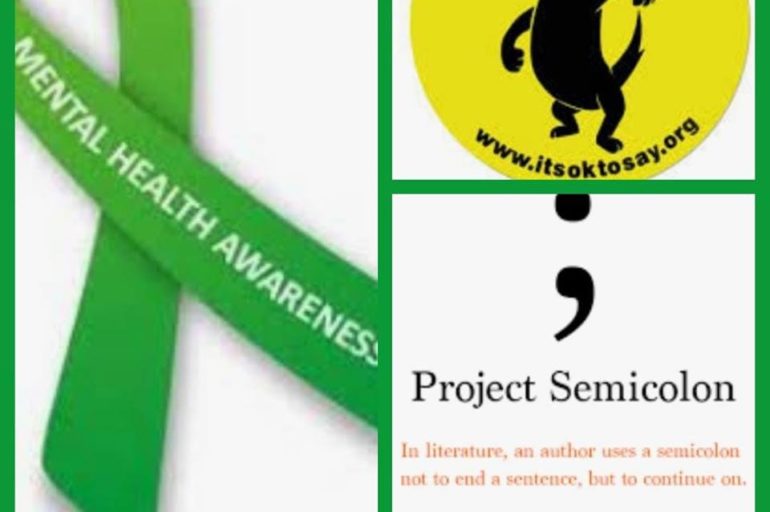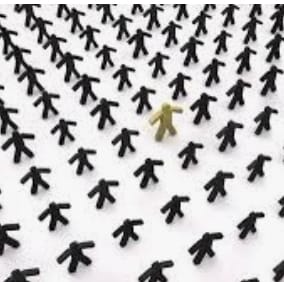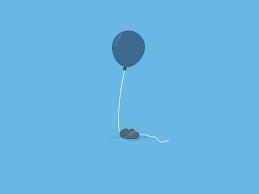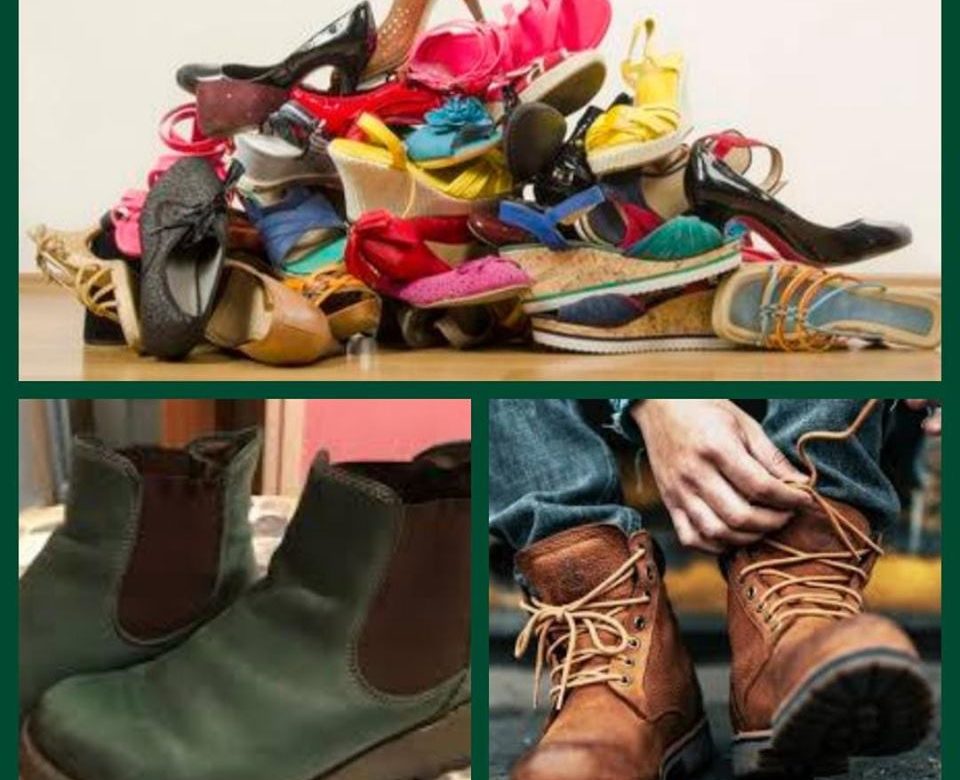
Love can mean so many different things to different people. Our WAYS of showing love and high regard for each other can also vary greatly from person to person.
Author, Gary Chapman, outlines his theories about love and successful relationships in his book The Five Love Languages: How to Express Heartfelt Commitment to Your Mate (1992).
Chapman’s concept describes FIVE ways in which we express our love: quality time, words of affirmation, physical touch, gifting and acts of service. He suggests that, while we may place value on all five, we have particular leanings towards different expressions based on our own values (either mimicking or opposing).
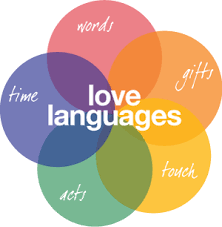
In early October 2019, I wrote a blog discussing the nature of disappointment ( https://sagecounselwaterford.com/2019/10/step-2-cutting-down-on-disappointment/ ). In it, I explore the possibility of reducing our disappointment by managing our expectations. I propose that our own values (in that case: time v’s appearance) determine how we showed and perceived respect, and by identifying the values of another, we may truly understand and appreciate their actions. The management of our expectations from another can result not only in reducing our disappointment but also in increasing our appreciation.
Chapman’s theory works to much the same effect: by understanding another’s Love Language, we can reduce our disappointment and increased our appreciation (feel more loved). With this new awareness, we also have the opportunity to ‘double-down’ by balancing how we express love with how our significant other expresses love. The end result is that our romantic efforts are fully received and appreciated.
Let’s look at working examples of these Five Languages of Love:
Quality Time:
- Create special moments
- Plan thoughtful dates/ time together
- Accomplish chores together
- Have focused conversations
- Set goals & achieve them together
Words of Affirmation
- Use encouraging words
- Give genuine compliments
- Voice appreciation
- Empathise
- Listen without distractions
Physical Touch
- Hug your partner
- Hold hands
- Make physical intimacy a priority
- Kiss one another
- Sit close to each other
Gifting
- Give thoughtful gifts (big/small)
- Show excitement when receiving
- Make genuine gestures
- Give small tokens of appreciation
- Celebrate special occasions
Acts of Service
- Assist with projects
- Make their favourite meal
- Random acts of kindness
- Help with their workload
- Thoughtful, personal care
Imagine that Sleeping Beauty (who grew up poor but much-loved) is now doing quite well for herself and expresses her love by giving gifts. However, Rapunzel (who grew up lonely but needing for nothing) values physical touch and quality time. Sleeping Beauty is showing her love in her way, as is Rapunzel. But Sleeping Beauty isn’t feeling very loved, and neither is Rapunzel because of what boils down to a miscommunication. Their love is being lost in translation. But with a little effort and attention, they each can make adjustments, and reap the rewards.
Or perhaps Sneezy always felt loved when Snow White took care of him (acts of service), so that is how he himself shows love. Little Red Riding Hood grew up in a household with much the same ethos. These two are conditioned by their ‘family of origin’ to speak the same language.
Having different ways of expressing love does not at all suggest a poor love-match, simply that the road may be made much easier by learning a little more about what makes each other tick, and adapting to this increased awareness to communicate love more effectively.
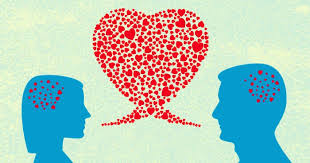
This ‘trick’ is not restricted to romantic relationships but can also be applied among friends, work colleagues, and families:
- A small child, who has no money of their own to speak of, brings home something they made at school for their mother for Mother’s Day. This is a true expression of love. The mother may well think to herself “Another one?? What’s this one meant to be?” and not fully appreciate the genuine, heartfelt gesture of love she has just been given.
- Two friends swap Christmas gifts. One is a homemade knitted scarf, while the other is a beautiful, shop-bought bracelet. While both are gifts: one has time-value, while the second has monetary value. Unless the gifts were given according to the receiver’s love language, the giver may not see the degree of appreciation they were anticipating.
- An employer ploughs time, energy and expense into the organisation of a Christmas Party, but cannot understand why his staff are so ungrateful. His staff are all overloaded with expenses at that time of year, already spend a large percentage of their waking hours together and possibly have many other commitments to squeeze into the festive season. The employer’s expression of appreciation is not attuned to the needs/wants of his staff. The following year the employer gives his staff gift vouchers, which cost him much the same as a party but saves his time and energy. The staff really appreciate the seasonal bonus and are thankful not to have to take limited quality time away from their own families and friends.
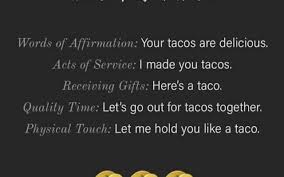
Love Languages are all about tuning into each other. It is not to suggest that you have to migrate to the other’s frequency, but that you are much more likely to pick up a station if you are aware that there are different bandwidths! If you are struggling to auto-tune, a counsellor can be of real help.
Contact Sage Counsel: 086-8539718 sagecounsel@outlook.com

